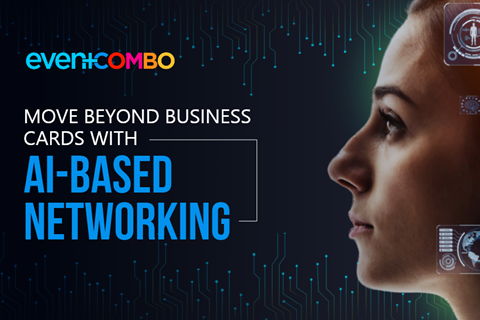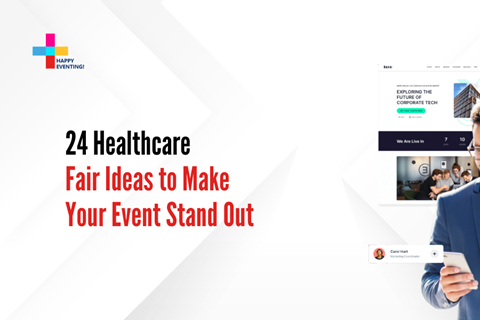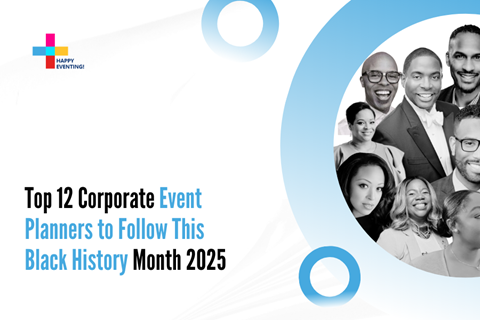

Recently, in a conversation with Anh Nguyen, Head of Community Engagement at Twine, we explored some very interesting perspectives on changing work culture. The future of work is rapidly evolving with companies opting for a fair mix of in-office, remote, and hybrid work. This, in turn, is impacting event professionals, as their role is now expanding to inject innovative strategies into workforce management. Drawing from her extensive experience, Anh shared some valuable insights on managing this changed organizational dynamic.
For your quick reference, we have compiled some fascinating insights and information shared by our guest speaker.
The future of work
For event professionals, it is important to take note of these changing organizational dynamics, since this is significantly impacting how people meet with one another and how they want to participate in events or meetings. As organizations are undergoing this major transition and are continually moving away from traditional 9 to 5 working hours, it’s important to find different ways of connecting with workforces.
What's leading to a weaker connection with a remote workforce?
When it comes to interacting with your co-workers there are two ways to understand the dynamics:
Event professional can fill this gap by helping organizations create stronger work ties in remote and hybrid work cultures. All this will, in turn, foster the sense of belonging to a community at work. We can utilize technology to re-create closer ties among people since these are the connections that make work a lot fun.
Experimenting with new strategies
Owing to the changed work culture, the current focus in HR departments is also shifting
More and more organizations are also investing in hiring event professionals to address the lack of connections in the workforce and churn out creative solutions to fill the gap.
Eventifying organizational activities – how does it work?
An event can connect a remote team in amazing ways and organizations are using this very concept to bring their workforce together.
Pre-pandemic, new employees had the opportunity to walk around the office, absorb the culture, and learn organizational values. They got to interact with their colleagues, beyond their immediate functional team, during lunch or coffee breaks.
But in a remote set up, how does one take a new joiner through a series of content, culture, or experiences that define the organization? Here comes the concept of eventifying things. A series of activities are strategically planned out for the new entrant that specifically take care of how their first day looks, who they are interacting with, and some specially designed games or activities that can help them connect with the team and learn about organizational values and processes. All this can be smoothly carried out remotely, by means of interactive virtual events.
How do CEOs and COOs support remote work culture and adoption of new principles and practices?
CEOs and COOs, in general, can support their teams by creating spaces for them to build connections. Employees need to feel they belong to a community and it is a leader’s responsibility to make way for it, whether it’s on-site or remote.
However, post pandemic, organizations need to be more intentional. Creating opportunities for people to reach out to members that aren’t part of their immediate team or building connections with people who belong to different teams is crucial. As a leader, it is wise to invest in tools and technologies that can help engage employees, beyond work, in a more efficient manner.
Realizing the value of hybrid and streamlining efforts
Hybrid is all about delivering content through multiple mediums and then potentially connecting them at a given time. Some hybrid events are also distributed in nature, for example, a large virtual event can be organized for remote participants and a few weeks apart a smaller in-person event for the targeted group can be organized separately. The content for both the events may slightly vary.
Pro tip: Leverage technology for continuous delivery of content. Regularly conducting smaller programs that target and appeal to different audience sets can be immensely helpful.
Predicting the future of the event industry
Currently, we are witnessing a huge surge of in-person events, along with the return of those that were cancelled in 2020 and 2021. Also, the event industry is now equipped with a lot of technological innovations to support better virtual event experiences. Hybrid events have empowered us to connect with people, regardless of where they are and if they can travel or not, and this trend is expected to gain further popularity. Additionally, the metaverse and crypto will also have a huge impact on how we interact and build connections in digital spaces.

Networking is one of the most valuable ways to discover boundless opportunities and for 77.7% of business professionals , in-person conferences open a greater scope to make rewarding connections.

When planning a healthcare fair, the goal goes beyond booking a venue and sending out invites. You’re creating an event that brings together healthcare professionals, researchers, and exhibitors, all seeking value and...

Diversity and inclusion are at the heart of the events industry, where planners are focused on creating experiences that bring together people from all walks of life.